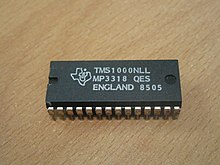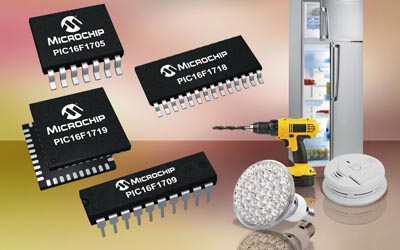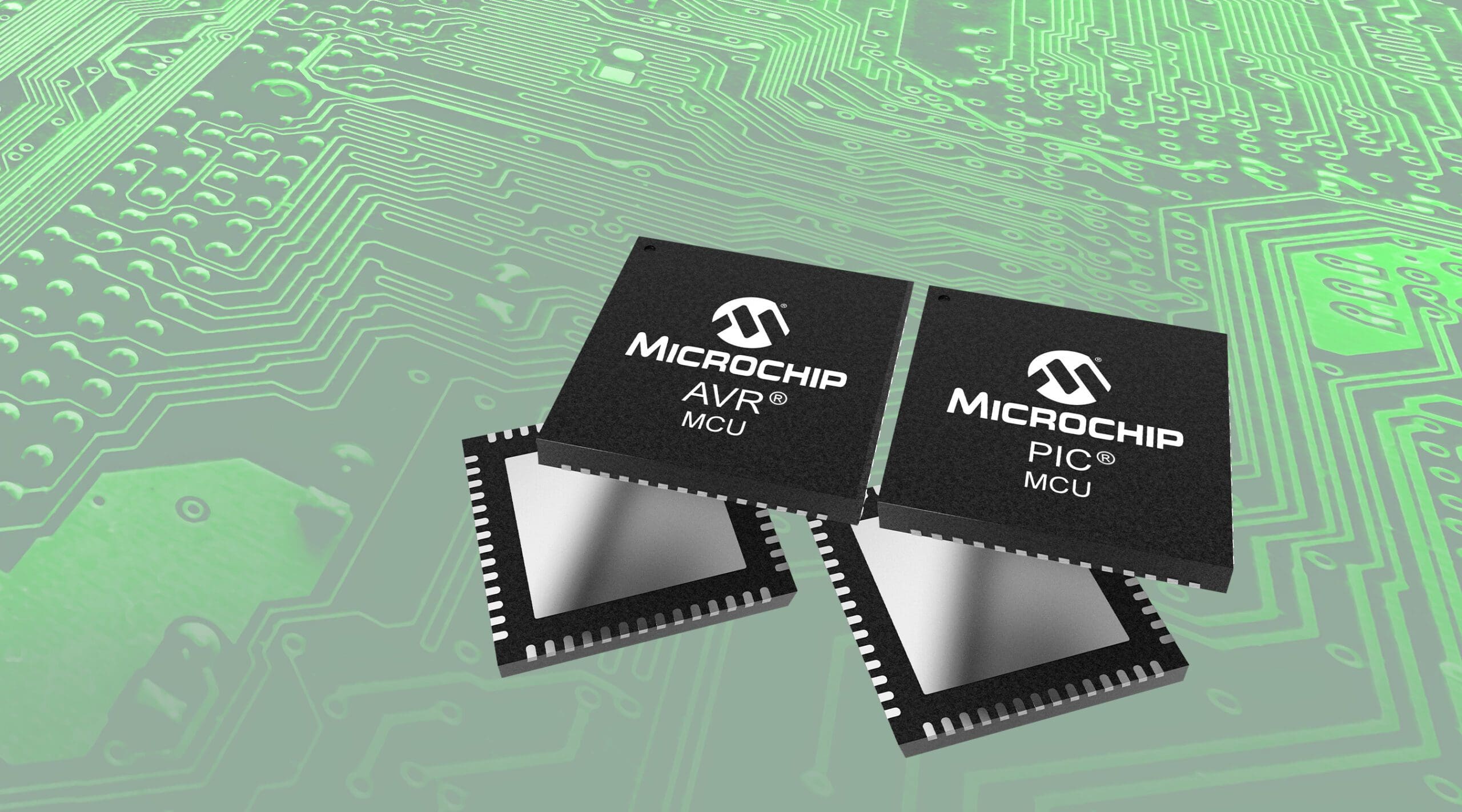
Introduction to Microcontrollers
What is a Microcontroller?
A microcontroller is a semiconductor chip that comprises multiple functional blocks, including a CPU, ROM, RAM, interrupts, etc. It functions as a small computer, encapsulating all necessary peripherals within a single package.
Components of a Microcontroller
– CPU: Central Processing Unit responsible for executing instructions- ROM: Read-Only Memory for storing the program- RAM: Random Access Memory for temporary data storage- Interrupts: Signals that prompt the microcontroller to suspend its current task and handle the interrupt- Peripherals: Various interfaces and components for interaction with external devices

Advantages of Microcontrollers
Compact Size and Low Power Consumption
Microcontrollers offer the advantage of being compact in size, making them suitable for applications where space is limited. Additionally, they are known for their low power consumption, making them energy-efficient solutions for various electronic devices.
Cost-effectiveness and Efficiency
One of the key benefits of microcontrollers is their cost-effectiveness. They provide a cost-efficient solution for industries, automobiles, medical devices, and other embedded systems. Moreover, their efficient performance in executing instructions and managing tasks contributes to the overall efficiency of the systems they are integrated into.

Classification of Microcontrollers
Types of Microcontrollers
– 8-bit Microcontrollers- 16-bit Microcontrollers- 32-bit Microcontrollers
Applications of Microcontrollers
– Industries: Control systems- Automobiles: Engine control, airbags- Medical Devices: Monitoring equipment- Appliances: Home automation
Advantages of Microcontrollers
Compact Size and Low Power Consumption
Microcontrollers are favored for their compact size, making them ideal for space-constrained applications. Their low power consumption also enhances energy efficiency in electronic devices.
Cost-effectiveness and Efficiency
Microcontrollers stand out for their cost-effectiveness, serving as economical solutions across various industries. Their efficient performance in task execution boosts system efficiency without compromising on reliability.

Types of Microcontrollers
8-bit Microcontrollers
– Generally used in simpler applications- Cost-effective option with low power consumption
16-bit Microcontrollers
– Suitable for applications requiring more processing power- Enhanced performance compared to 8-bit options
Microcontrollers find extensive use in various industries due to their compact size, encompassing CPU, ROM, RAM, and interrupts in a single package. When considering applications, microcontrollers are vital in industries for control systems, in automobiles for functionalities like engine control and airbags, medical devices for monitoring equipment, and home automation in appliances. Notably, the advantages of microcontrollers include compact size, aiding in space-constrained scenarios, and low power consumption for energy efficiency. Additionally, their cost-effectiveness and efficiency make them economical solutions in different sectors, improving system efficiency without compromising reliability.

Applications of Microcontrollers
Automatic Control Systems
– Microcontrollers play a crucial role in automatic control systems across various industries, ensuring efficient monitoring and regulation of processes.- Their compact size and integrated functionalities make them ideal for applications that require precision and real-time control.
Automobiles and Transportation
– In the automotive sector, microcontrollers are used for tasks such as engine control and airbag deployment, enhancing vehicle safety and performance.- Their reliability, cost-effectiveness, and ability to handle complex processes make them indispensable in modern automobile technology.
